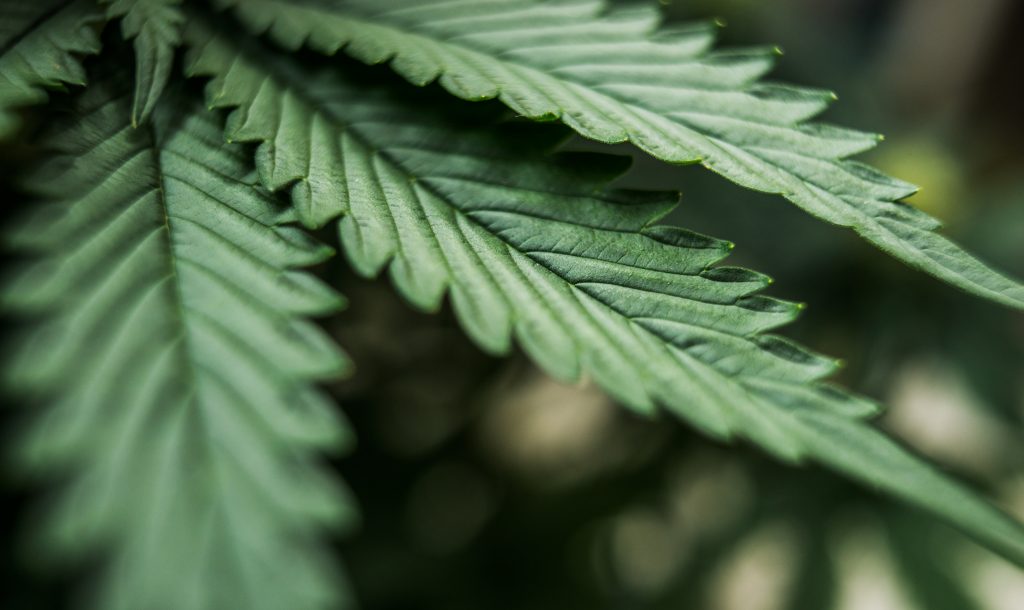In order to appropriately regulate the drug in the future, Switzerland is conducting scientific trials with regular citizens to establish the health and safety of cannabis.
The first thing to remember about Switzerland is that it’s not a member of the European Union, this is important because it means that it is not subject to EU regulation concerning things like hemp, and cannabis in general. As of right now, Switzerland allows cannabis products with as much as 1% THC.
While this is still a pretty low amount for anyone used to smoking a typical joint these days, it is quite higher than the standard EU regulation of 0.2%. Anything stronger than this amount, however, is still strictly illegal.
Use the sign up form to subscribe to the CBD Business Weekly Newsletter.
What this means for CBD specifically?
With a 1% THC limit, Switzerland allows nearly any CBD product since most CBD products already contain very low amounts of THC. CBD, or cannabidiol, is another major cannabinoid in the cannabis plant, thought slightly less well-known than the more popular – and psychoactive – cannabinoid THC, or tetrahydrocannabinol. Since CBD is not psychoactive, it has been more widely accepted in the last few years, particularly for medical use (though recreational too).
CBD is now associated with a myriad of health benefits with a very wide range: help in fighting microbial disease, and even antibiotic-resistant bugs; useful for depressive, sleep, and attention deficit issues; as a way to control skin ailments; as a possible anti-tumor treatment; as a useful helper in stabilizing blood sugars; and with pain, and spasticity issues relating to neurological diseases and damage.
$2 Million Going To Cannabis Cancer Research Led By Professor Mechoulam
In Switzerland, each CBD product is allocated to a specific group: medical, utility (which includes cosmetics), ingestible, tobacco products (for which the tax was just removed – see below), or to a final non-specific category, sort of like a miscellaneous option. Each of these groups comes with its own set of regulations that it operates under.
- Medical products – Fall under the Federal Act on Medical Products and Medical Devices
- Ingestible products – Fall under the Federal Food Safety and Veterinary Office FSVO. Interestingly, though Switzerland is not part of the EU, it is a part of several bilateral treaties, and abides by certain provisions in order to be a part of the single market. Because of this, they abide by the Novel Food Catalogue of the European Commission, and require an authorization from the Federal Food Safety and Veterinary Office FSVO in order to get around it, if it can be gotten around.
- Utility products (including cosmetics and e-cigarette liquids) – Fall under the Federal Nutrition and Utility Products Act.
- Tobacco substitutes – Fall under the Tobacco Ordinance, and requires being registered with the Federal Health Department before they can be sold. As mentioned earlier, a tax that had been placed on CBD because of this grouping, has been lifted, and is explained below.
- Other CBD products – Fall under the Federal Chemicals Act, as well as the Federal Act on Product Security.
Past research denials, and why it’s happening now
In 2013, Switzerland adopted a policy to decriminalize smaller amounts of cannabis. Much like in Portugal, instead of criminal charges for someone carrying less than 10 grams, they are instead subject only to a fine, which may or may not be enforced. Even so, legal costs of keeping it illegal are still rather high. Another interesting advancement is that the Swiss Federal Court made a ruling to remove the tax on legal cannabis in the tobacco category (that which has 1% or below), a tax that was meant to be levied on tobacco originally.

The repeal of the tax came about because of the grievances of three different cannabis production companies, and the ruling found that there really wasn’t a legal basis to put the massive 25% tax on the sale price of a non-tobacco product. This came about a year after a ruling by the Federal Administration Court to maintain the tax and to keep legal cannabis in the same boat as tobacco. What a difference a year can make.
Part of the reason this is coming up now – apart from the fact that it seems to be coming up quite a bit globally, and does happen to be at the right point in time and space for the conversation – according to a Swiss Federal Council news release in 2018, as many as 200,000 Swiss smoke cannabis regularly which makes the need to revisit new ways of regulating it a bit more vital. In fact, the Swiss black market for cannabis has grown extensively, and this means an overall lack of quality control, something that could be vastly improved upon with new regulation.
Switzerland’s proposed plans for new studies
According to the initial structure proffered a year ago, as many as thousands of people could receive legal cannabis every month while being a participant in the study. This could even include edibles. They would, of course, be highly controlled trials with all participants 18 years or older, and participants would have to already be cannabis users. These studies would be meant to last approximately five years, with the possibility of a two-year extension if requested, and each would have no more than 5,000 participants, but the exact number would vary according to the specific trial.
How it passed, and stipulations
Last month, Switzerland’s health commission in the lower house of the Federal Council did greenlight a pilot program by a 17-8 vote which would, indeed, permit the legal production and distribution of cannabis for recreational purposes. One of the main differences from the original proposal is the inclusion of the mandate that all cannabis products used in the study must come from Switzerland and be sourced through organic farming (this came about from a 13-7 vote with four abstentions).
Pressure Mounting In Switzerland To Legalize Cannabis
The maximum THC value allowed in the study is 20%, a pretty decent amount for a study really aiming to figure out what the effects of cannabis actually are on a population. Another stipulation of the studies is that each participant is limited to at most 10 grams of pure THC monthly. Yet another condition is for employers and schools to be made aware if employees or students are part of the trials (a point this author finds a bit difficult to swallow in that it very much compromises the privacy of participants – and might well be a reason for people to avoid participating when they might have otherwise done so.)
It should be noted that while the Swiss government came out in support of these studies, the more conservative parliament required the setup to be very tightly controlled. In fact, in the past, similar trials were also attempted, but shutdown by parliament over fears it could lead to complete legalization. In 2017, the Federal Office of Public Health shot down a request for a scientific study by the University of Bern. As a way to grease the wheels with legislators this time around, when the plans for the trials were proposed, they were done so under very strict protocols.
How much sense does this structure really make?
There are already many Swiss cities and institutions that are eager to participate. The overall plan is to have a ten-year period of research studies after which the government would look at all the results, take everything into consideration, and update legislation from there as necessary. Of course, ten years from now is a long time in and of itself, and considering how quickly the cannabis industry has boomed in just the last few years, it could very well be that these plans are almost far-fetched in their expectation of a static world to do them in.
European Parliament Calls For Uniform Medical Cannabis Regulations
So much regulation the world over could be changed by ten years from now, that while the idea of what they want to do sounds like a step in the right direction, I do wonder how much the proposed plans make sense since they span such a large amount of time in such a dynamic industry.
We’re happy to keep you updated with all the best CBD, cannabis, hemp, and legal marijuana information. Check back regularly to learn all the latest and make sure to subscribe to the CBD Business Weekly Newsletter.







